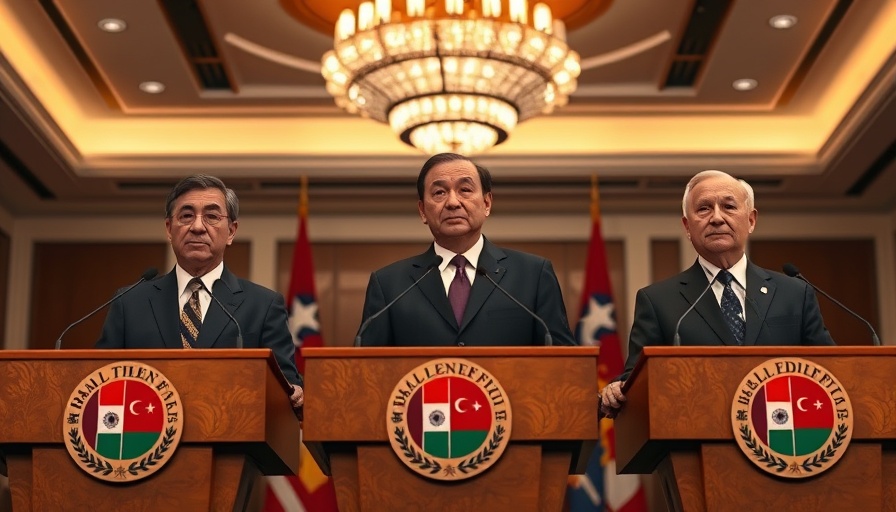
Trade Deal: Relief or Deception?
The recent EU-US trade deal has elicited a collective sigh of relief from global financial markets. However, the emotional landscape in Europe is starkly different, with many leaders expressing dissatisfaction. The agreement, described as the largest trade deal ever by former President Donald Trump, offers a temporary reprieve yet leaves lingering resentment among European industrialists.
In 'EU-US trade deal brings relief but leaves Europe bitter', the analysis delves into the complexities and implications surrounding this significant agreement.
The Bitter Taste of Compromise
For many in the European Union, this deal is not a cause for celebration. Industry representatives in Germany expressed that the terms negotiated are not favorable, with tariff levels set at 15%—far better than the 30% initially threatened, but still a significant burden. Germany, a major player in automotive exports, might feel a slight victory as tariffs on cars exported to the US reduce from 25%. However, the overarching sentiment remains one of defeat amidst dependency on US negotiations.
Unbalanced Commitments: A Closer Look
French leaders openly criticized the deal as unbalanced, stating that Europe has acquiesced too readily to American demands. The EU's commitment to a staggering $750 billion purchase of US oil and military products only highlights this shift in power dynamics. Prime Minister Francois Beeru lamented that Europe finds itself in a compromised position, hinting at a deeper concern regarding the EU's autonomy and the implications of its reliance on the US market.
Uncertainty Ahead: The Details That Matter
Despite the overall agreement, uncertainties loom regarding exemptions for key products such as aircraft parts and agricultural goods, alongside unresolved issues affecting pharmaceuticals. Many argue that this trade deal marks a watershed moment, emphasizing Europe's evolving relationship with the United States and underscoring the challenges posed by this newly established alliance.
In summary, while the EU-US trade deal may momentarily alleviate economic unrest, it brings to light the underlying tensions and dependencies that could shape future negotiations. It raises pertinent questions about the long-term sustainability of Europe's economic strategies and its capacity to assert independence in a world dominated by American policies.
 Add Row
Add Row  Add
Add 




Write A Comment